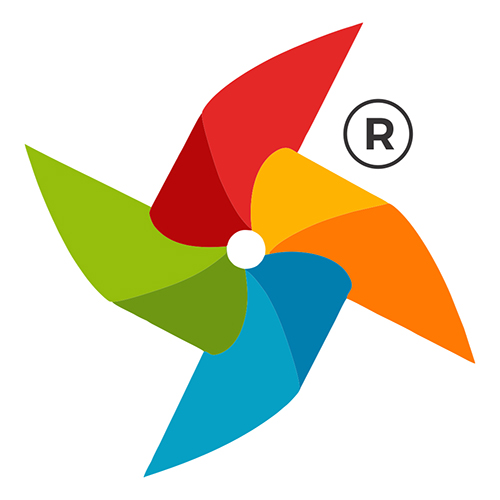Research Studies®
Explore groundbreaking global research studies behind Pinnacle’s patented AbilityScore®, TherapeuticAI®, SEVA™, and inclusive autism therapy systems.
Pinnacle Global Autism Framework (PGAF) Research Studies
The Pinnacle Global Autism Framework (PGAF) brings together over 344 developmental skills, 21 million+ therapy sessions, and 7 patented innovations into the world’s most comprehensive child development ecosystem — now scientifically validated through 10 breakthrough studies.
From AbilityScore® and TherapeuticAI® to SEVA™ and TherapySphere™, each study is designed to measure outcomes, predict child success, and demonstrate real-world impact at scale across diverse socio-economic and linguistic geographies.
These studies are not just validating therapy — they are shaping the future of global autism research and redefining care for millions of families worldwide.
“Scientific validation is the cornerstone of every global breakthrough.” The PGAF studies at Pinnacle represent a historic step in transforming therapy into a measurable, predictable, and equitable force for 90+ crore children across the world.
🔍 Last reviewed by Global Research Board: May 20, 2025
📖 Citation: Integrated Global Research Consortium – Pinnacle. “Pinnacle Global Autism Framework (PGAF) Research Studies.” Pinnacle Blooms Network, 2025.
https://www.pinnacleblooms.org/research-studies
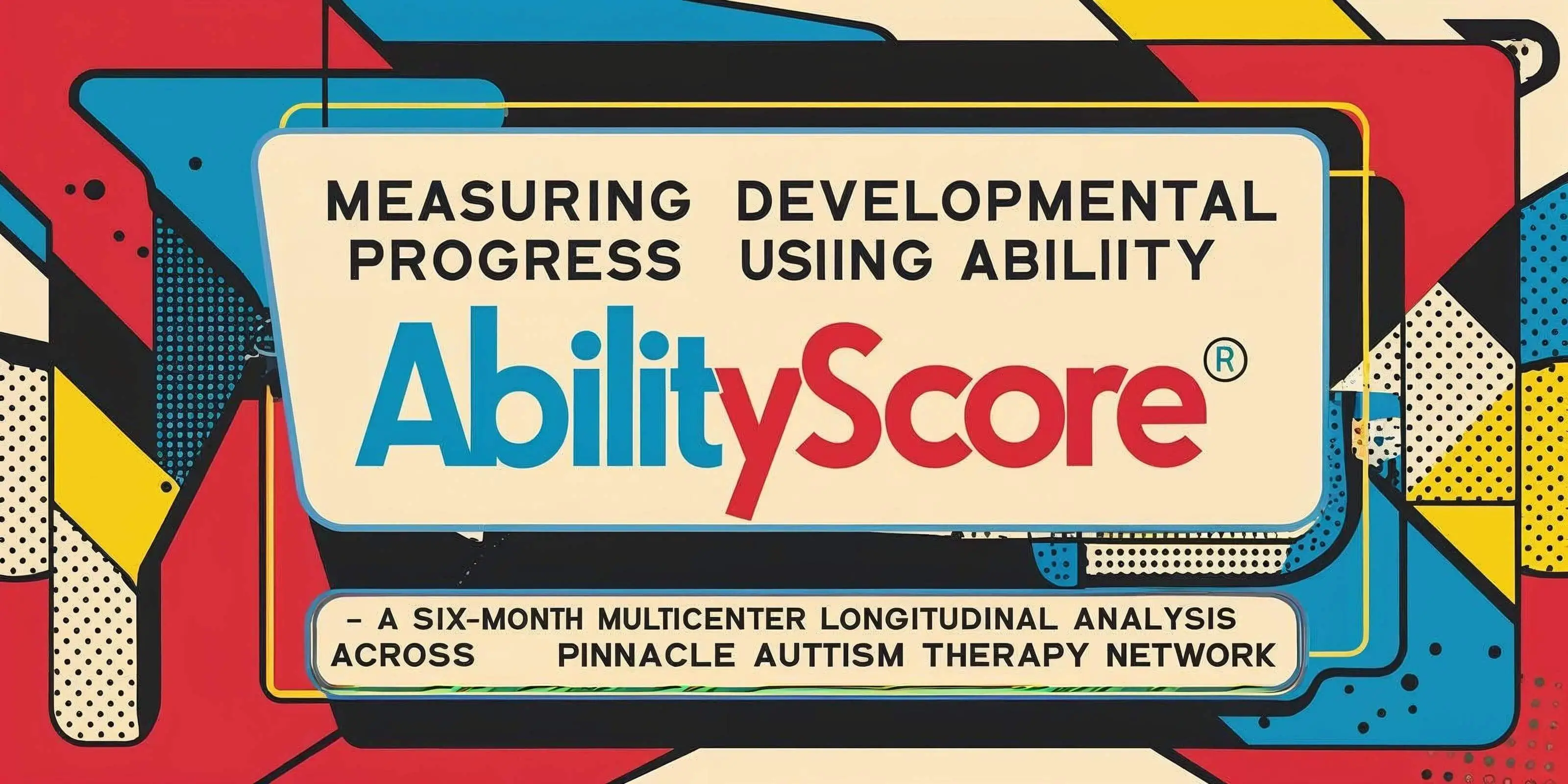
1. AbilityScore® Longitudinal Study
This flagship study tracks a child’s developmental progress using Pinnacle’s globally patented AbilityScore® — the world’s first 0–1000 universal developmental scoring system. Conducted across thousands of children receiving therapy for 6+ months at Pinnacle centers, it measures real change, not assumptions.
Measure therapy effectiveness over time through AbilityScore® improvements.
Change in AbilityScore®, Zone transitions (🔴 Red → 🟡 Yellow → 🟢 Green)
Quantitative longitudinal analysis
With over 21 million+ sessions analyzed, this study offers irrefutable evidence of growth — empowering governments, educators, and parents to trust data over doubt.
“AbilityScore® showed my child’s transformation when no one else could see it. It became our mirror, our map, our hope.” – A Pinnacle Parent
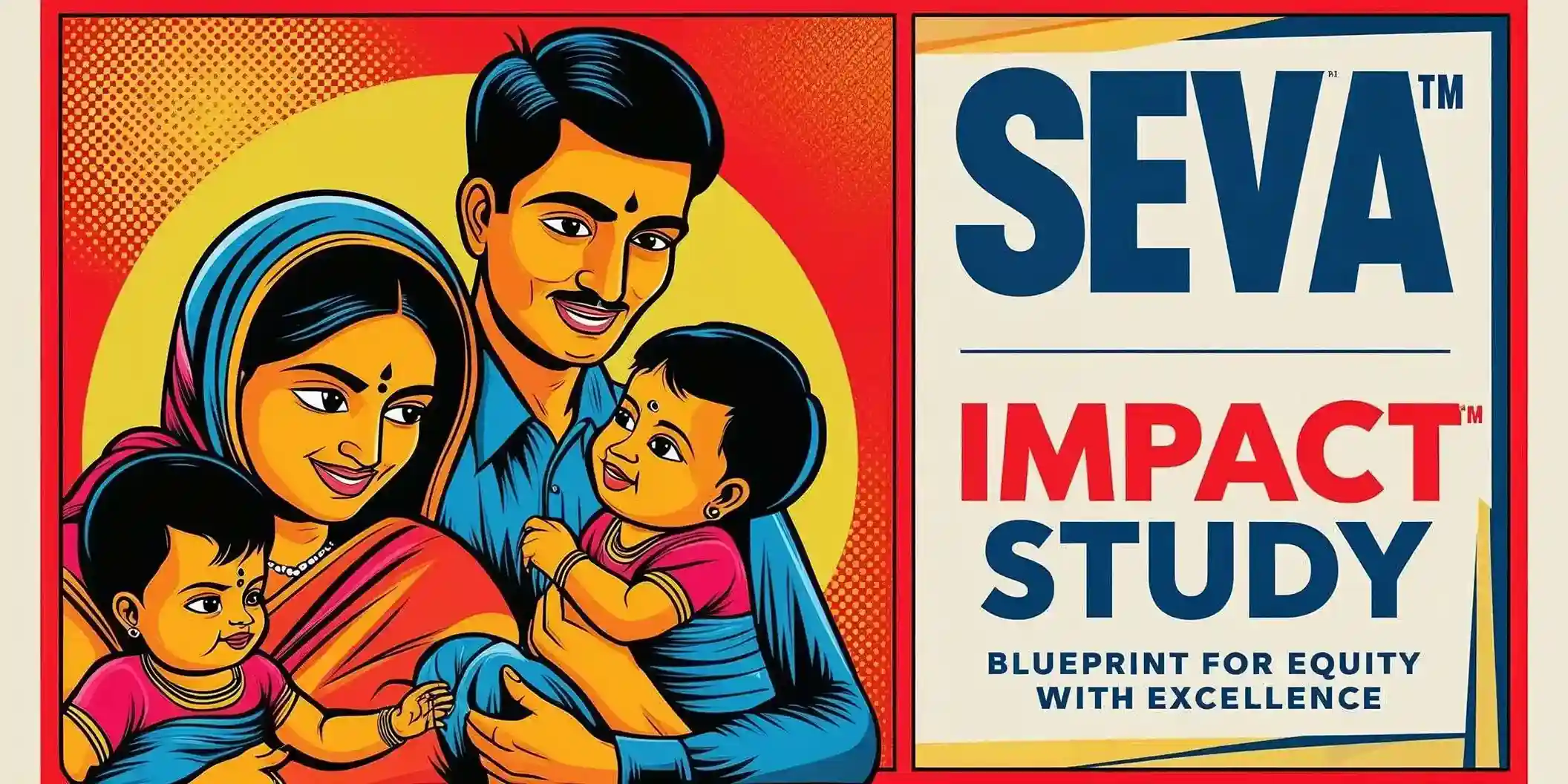
2. SEVA™ Impact Study
This pioneering study evaluates therapy outcomes among children from financially underprivileged families who receive free or subsidized therapy under SEVA™ — Pinnacle’s dignity-first, no-barrier therapy access model.
The study compares SEVA™ recipients with non-SEVA peers to understand improvements in skills, therapy adherence, and dropout rates — bringing evidence to the belief that every child, regardless of income, deserves the best therapy in the world.
Assess therapy success in low-income families through SEVA™
Functional skill improvement, dropout rates, therapy adherence
Mixed method (Quantitative + Ethnographic)
Conducted across SEVA™-eligible families in urban and rural settings, this study demonstrates that **when dignity meets science**, children rise — and equity becomes a measurable outcome.
“We couldn’t afford therapy. SEVA™ didn’t just open the doors — it held our hand and walked our child forward.” – A Mother from Khammam
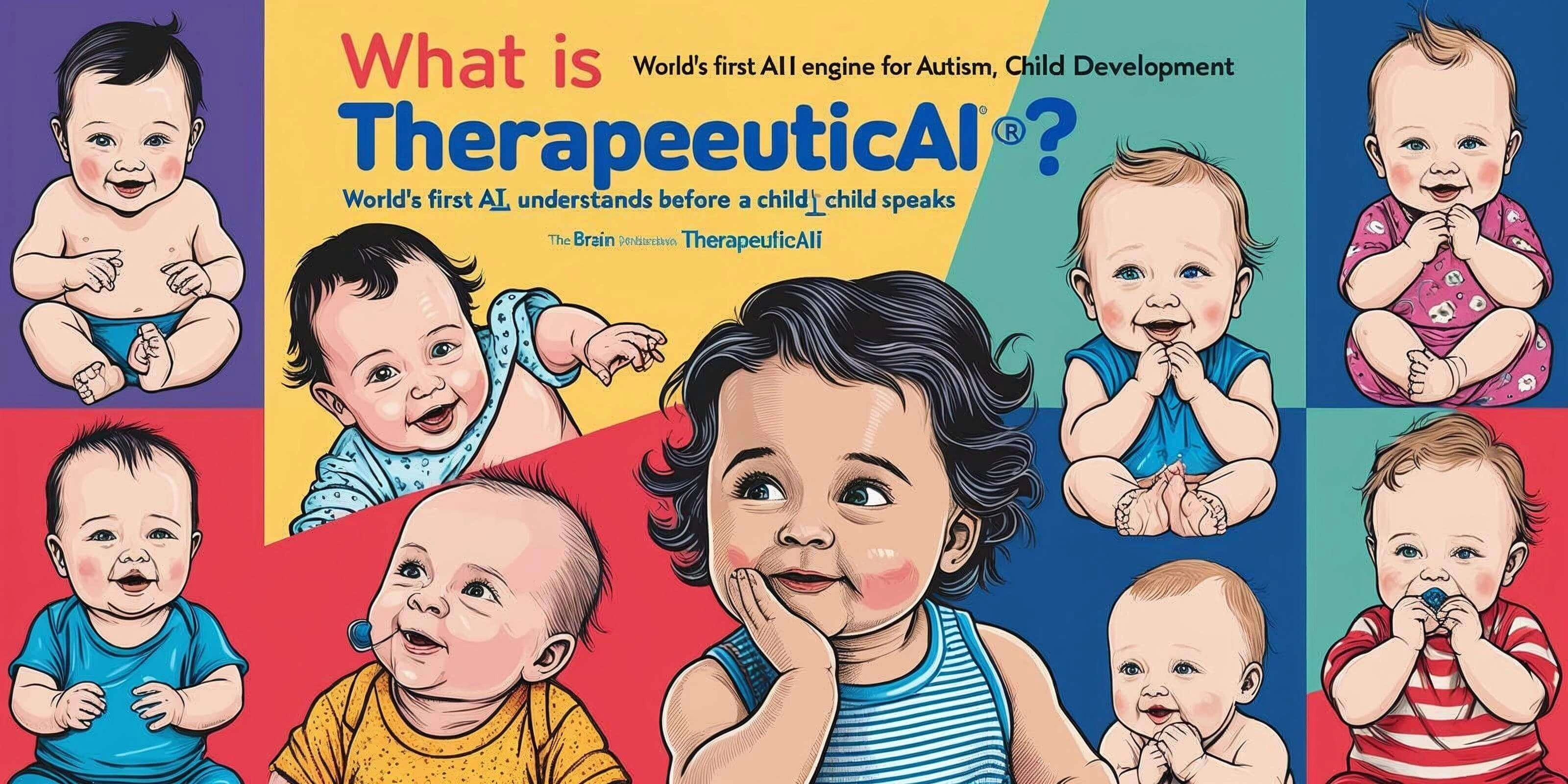
3. TherapeuticAI® Effectiveness Study
This groundbreaking study evaluates the measurable impact of TherapeuticAI® — Pinnacle’s world-first AI engine designed for real-time autism and child development therapy planning.
The study compares therapists using TherapeuticAI® with those using traditional, non-AI planning. Results demonstrate significant gains in goal completion rates, therapy accuracy, meltdown prediction, and time saved — empowering therapists to deliver smarter, child-specific interventions.
Evaluate how AI enhances therapy planning, execution, and outcomes.
Goal completion rate, meltdown prediction accuracy, planning time
Controlled comparative study (AI vs. non-AI)
Built on 21M+ sessions and 344+ child development parameters, TherapeuticAI® is proving that AI can amplify therapist wisdom, not replace it — and make personalized therapy a universal right, not a luxury.
“As a therapist, I used to spend 3 hours on planning. Now, with TherapeuticAI®, I spend 30 minutes — and get twice the results.” – A Pinnacle Therapist
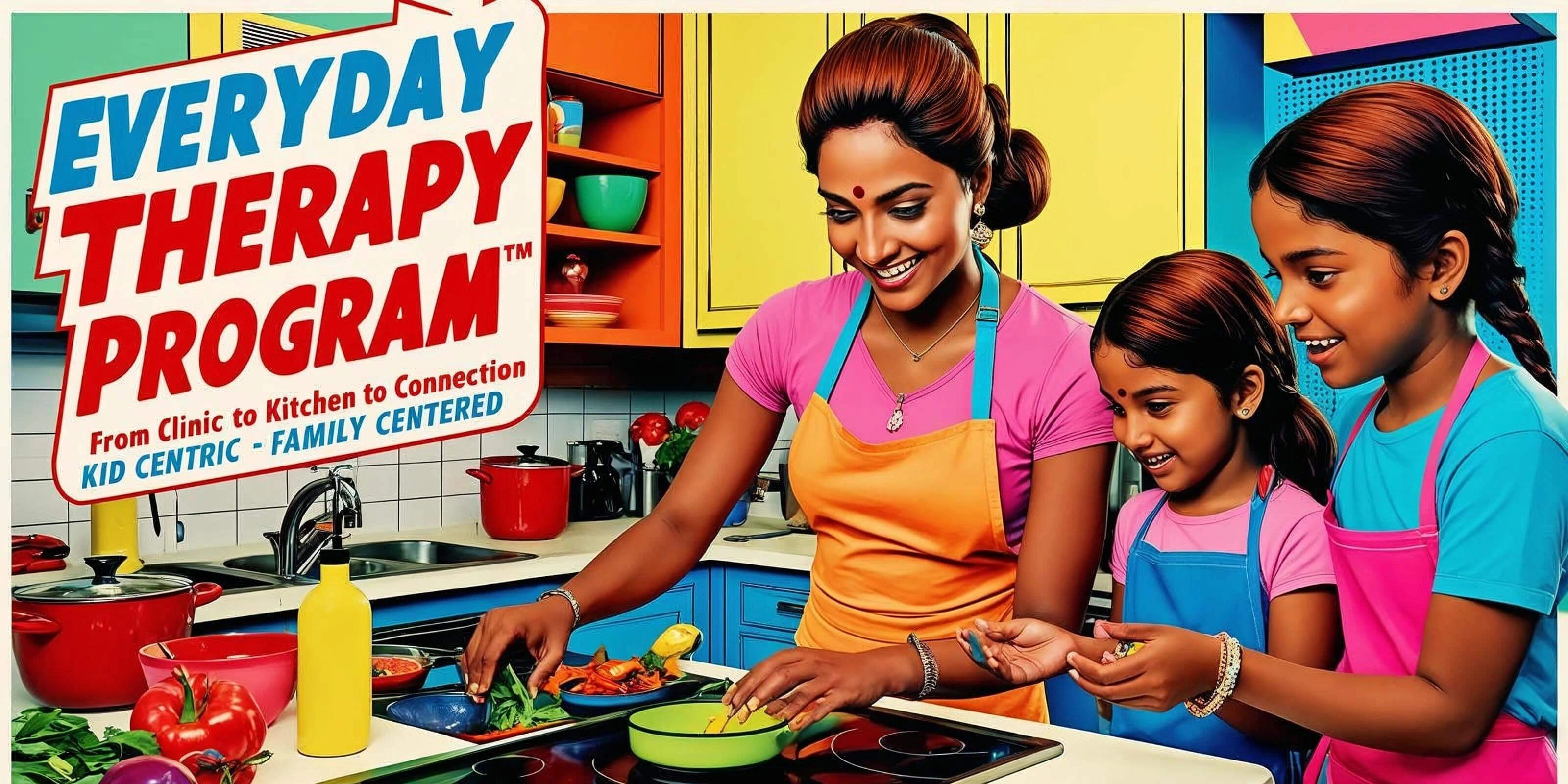
4. Everyday Therapy™ Home Integration Study
This study explores the transformational power of Everyday Therapy™ — Pinnacle’s structured daily intervention model where parents become empowered co-therapists at home.
By integrating simple, purposeful therapy routines into everyday life (dressing, eating, playing, chores), families trained in Everyday Therapy™ witnessed significant improvements in behavior generalization, social engagement, and emotional regulation — even outside the clinic.
Measure parent-led therapy effectiveness at home
Generalization of skills, parent confidence, behavior changes
Observational + Caregiver survey-based
The study proves that therapy doesn’t end at the clinic door. When guided well, a parent’s love becomes a powerful therapeutic tool — and every mealtime, walk, or bedtime becomes progress.
“I stopped feeling helpless. Every time I followed the Everyday Therapy™ guide, I felt like I was truly helping my child grow.” – A Parent from Vijayawada
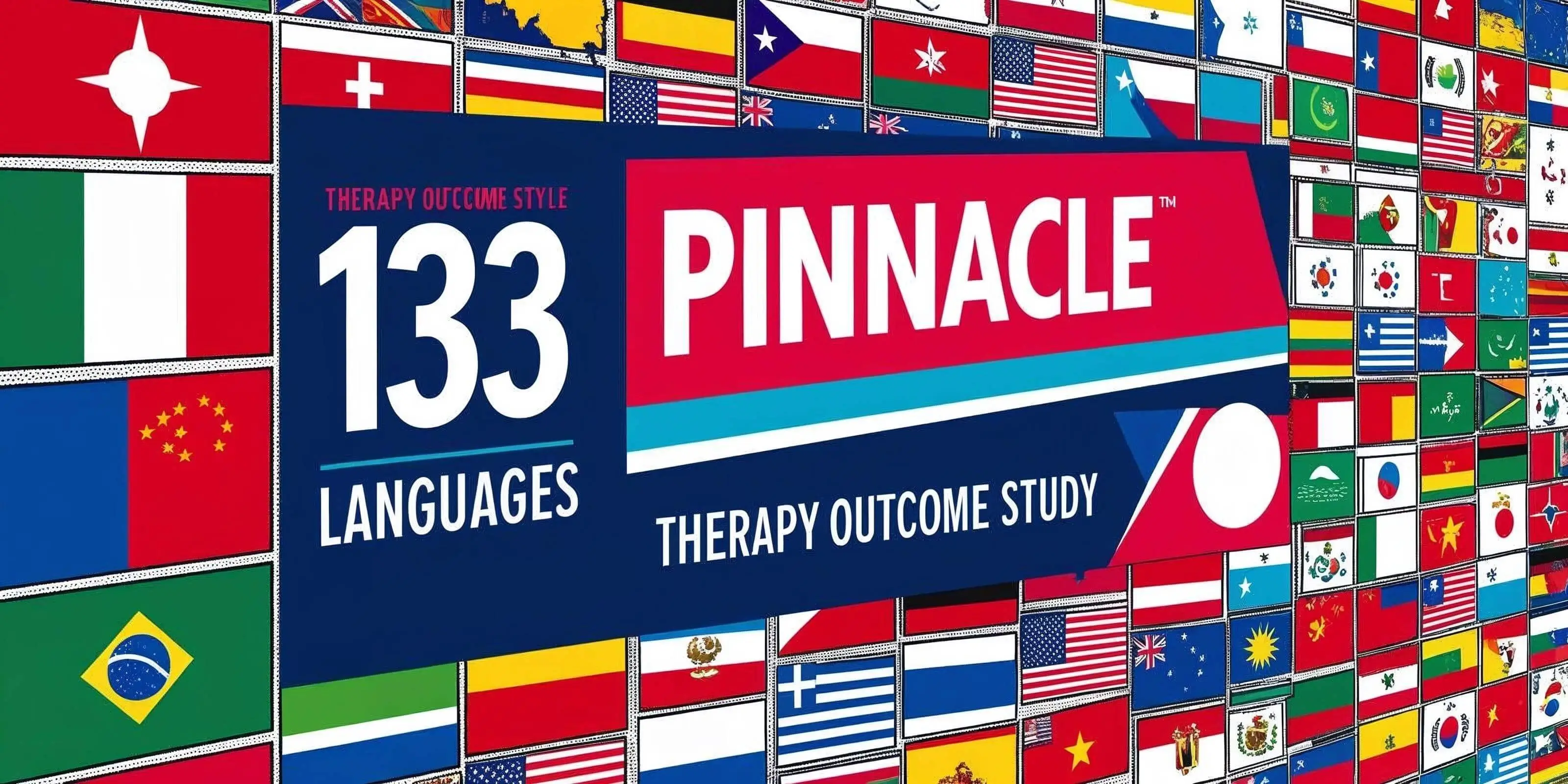
5. Multilingual Therapy Outcomes Study
This study investigates the impact of delivering therapy in a child's mother tongue — Telugu, Hindi, Kannada, Tamil — versus English.
Conducted across diverse Pinnacle centers, the study reveals that children receiving therapy in their **native language** showed stronger gains in communication, expressive vocabulary, retention, and session engagement compared to children receiving therapy in a non-native language.
Compare therapy results between native language and English-based delivery.
Communication gains, expressive vocabulary growth, session retention
Quantitative cross-sectional study
The study reinforces Pinnacle’s belief that therapy must speak the child’s language — emotionally and literally. Every dialect is a doorway to trust. Every mother tongue is a therapy asset.
“When the therapist spoke in Kannada, my child’s eyes lit up. That moment changed everything.” – A Parent from Bengaluru
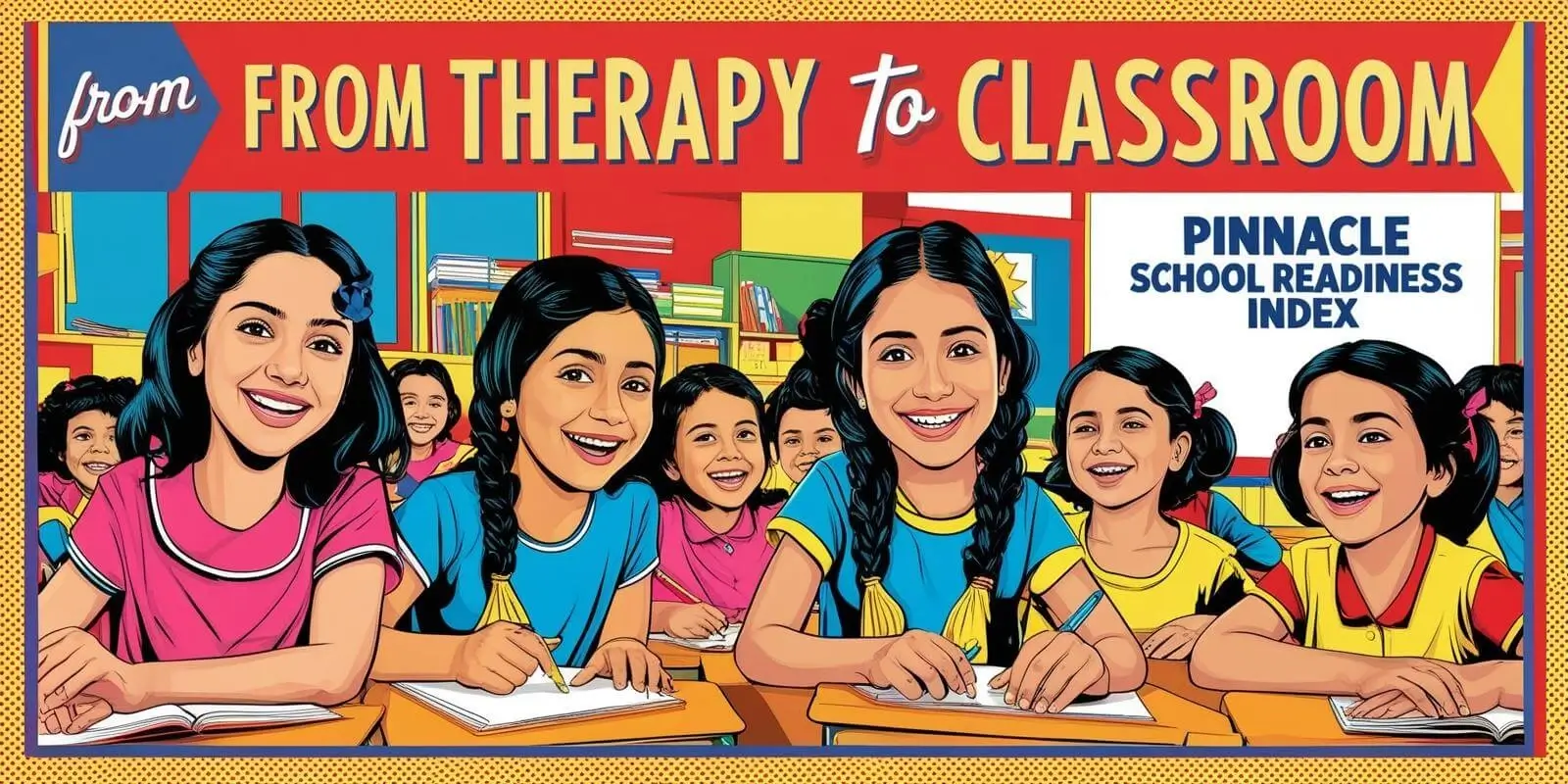
6. School Readiness & Inclusion Study
This study tracks children who have received therapy at Pinnacle for 9+ months and have achieved an AbilityScore® of 600 or higher — evaluating how prepared they are to enter and thrive in mainstream or inclusive schooling environments.
The results reveal that children with high AbilityScores show improved classroom independence, reduced reliance on shadow teachers, stronger social adaptation, and better academic engagement — giving parents and schools measurable proof of true readiness.
Assess readiness for school and inclusive classroom success
School enrollment, classroom independence, support need reduction
Outcome-based longitudinal study
For the first time, schools now have a data-backed readiness indicator — AbilityScore®. And families have a milestone that guides their child’s journey from therapy room to classroom.
“When my son reached 600 on AbilityScore®, we knew he was ready. Today he walks into school with pride — and no shadow teacher.” – A Parent from Chennai
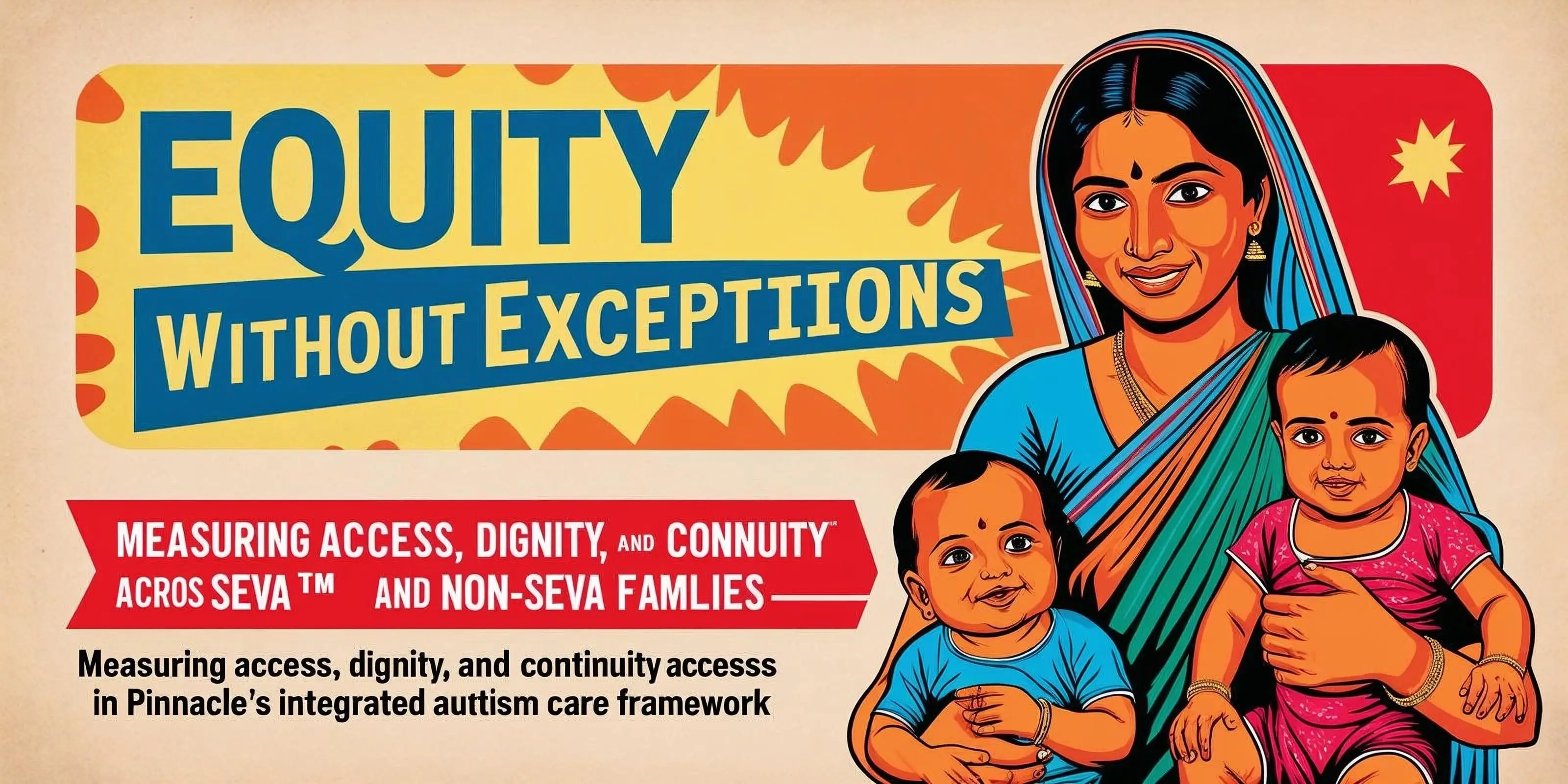
7. SEVA™ Social Equity Index Study
This landmark study analyzes **therapy access, dropout patterns, and equity perception** across socio-economic groups — comparing SEVA™ families (free/subsidized therapy) with full-paying families.
Through a mix of **quantitative center data** and **qualitative family interviews**, the study reveals how SEVA™ delivers not only therapy, but **respect, continuity, and equity in care** — without stigma or secondary treatment.
Evaluate therapy access and social dignity among economic groups
Therapy access, perception of equity, dropout ratios
Mixed: Quantitative data + Qualitative interviews
The results confirm: SEVA™ families felt just as welcomed, valued, and heard as any other — and dropout rates were even lower due to emotional trust and community-based support.
“They never treated us differently. We came from a basti, but they treated my son like he was born into royalty.” – A SEVA™ Parent from Eluru
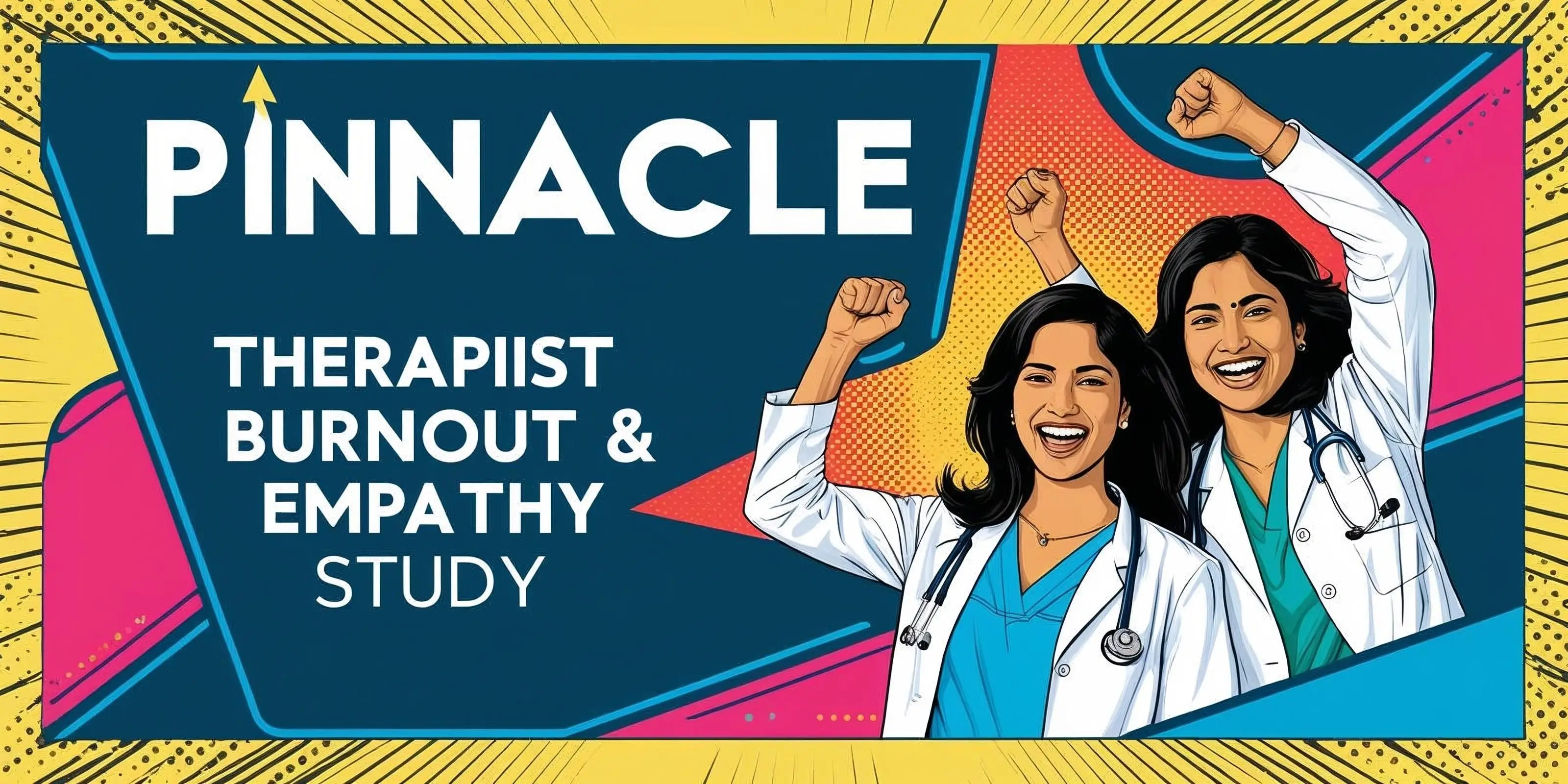
8. Therapist Burnout & Empathy Study
This internal study examines the emotional health of Pinnacle’s therapists across India — comparing burnout, empathy levels, and job satisfaction among AI-assisted therapists versus those operating traditionally.
With high therapy volumes, emotional demands, and urban-rural variations, therapist well-being is often neglected. But not at Pinnacle. This study reveals that **TherapeuticAI® and structured emotional safety systems** significantly reduce burnout and increase compassion consistency.
Track burnout and empathy retention among Pinnacle therapists
Job satisfaction, burnout indicators, session quality, therapist empathy index
Longitudinal survey + qualitative reflection across Tier 1, 2, and 3 cities
The outcome? Therapists working with TherapeuticAI® felt **less overwhelmed**, more precise in planning, and reported **sustained emotional connection** with every child — even during high-demand weeks.
“Before, I burned out every Friday. Now I look forward to Mondays. My time goes to children — not spreadsheets.” – A Senior Therapist from Warangal

9. AbilityScore® Predictive Validity Study
This study evaluates how accurately a child’s AbilityScore® at entry and after therapy predicts their long-term outcomes — including school entry, inclusion success, emotional regulation, and communication independence.
Using advanced regression models and longitudinal follow-ups, this study confirms that **AbilityScore® directly correlates with mainstream readiness** — making it the world’s first score that not only reflects development, but scientifically forecasts it.
Validate AbilityScore® as a developmental outcome predictor
Correlation between score growth and school entry, social inclusion, functional independence
Predictive modeling + regression analysis over 12+ months
With tens of thousands of children tracked across multiple Indian states, this study proves: When AbilityScore® goes up, life outcomes go up. It is the **GPS system of human development.**
“We stopped guessing. When her AbilityScore® hit 610, we knew she could go to school. And she did.” – A Father from Kakinada
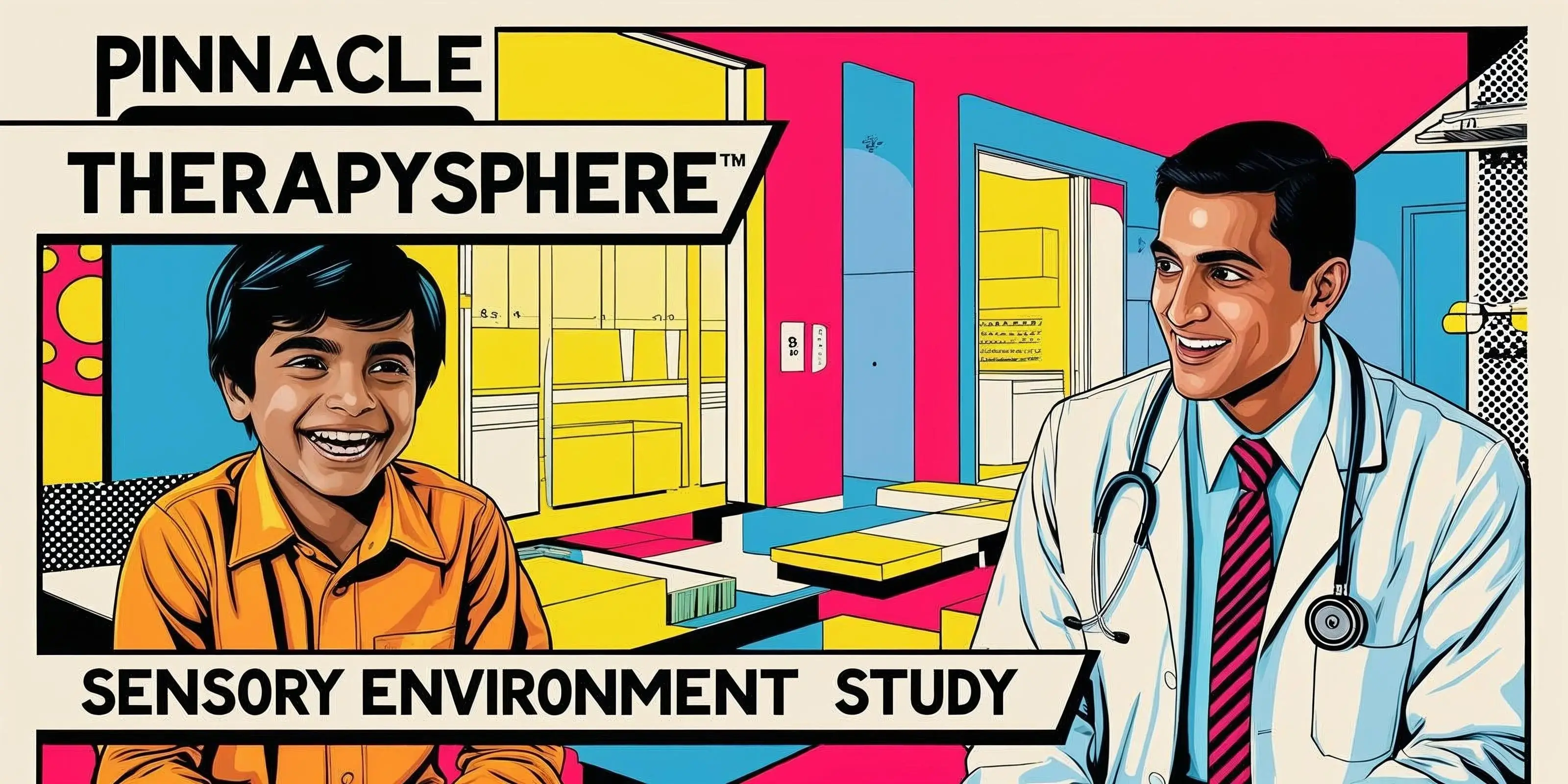
10. TherapySphere™ Sensory Environment Study
This environmental neuroscience study compares children receiving therapy in Pinnacle’s patented TherapySphere™ rooms — sensory-optimized, child-safe, neuro-inclusive environments — against those in conventional therapy rooms.
The study reveals dramatic improvements in emotional regulation, session engagement, sensory tolerance, and meltdown reduction — all attributed to the multi-sensory design of TherapySphere™ rooms developed through 19M+ session data insights.
Assess sensory environment impact on therapy outcomes
Meltdown frequency, engagement levels, sensory tolerance, emotional regulation
Controlled trial with therapist observation logs
TherapySphere™ is not interior design. It’s **neuro-design** — blending acoustic calming, light zoning, spatial predictability, and sensory-safe materials. This study confirms: when the space is safe, **the child’s brain is free to grow.**
“In the TherapySphere™, my daughter didn’t cry, didn’t scream, didn’t shut down. She played. She learned. She came alive.” – A Mother from Indira Nagar, Bengaluru
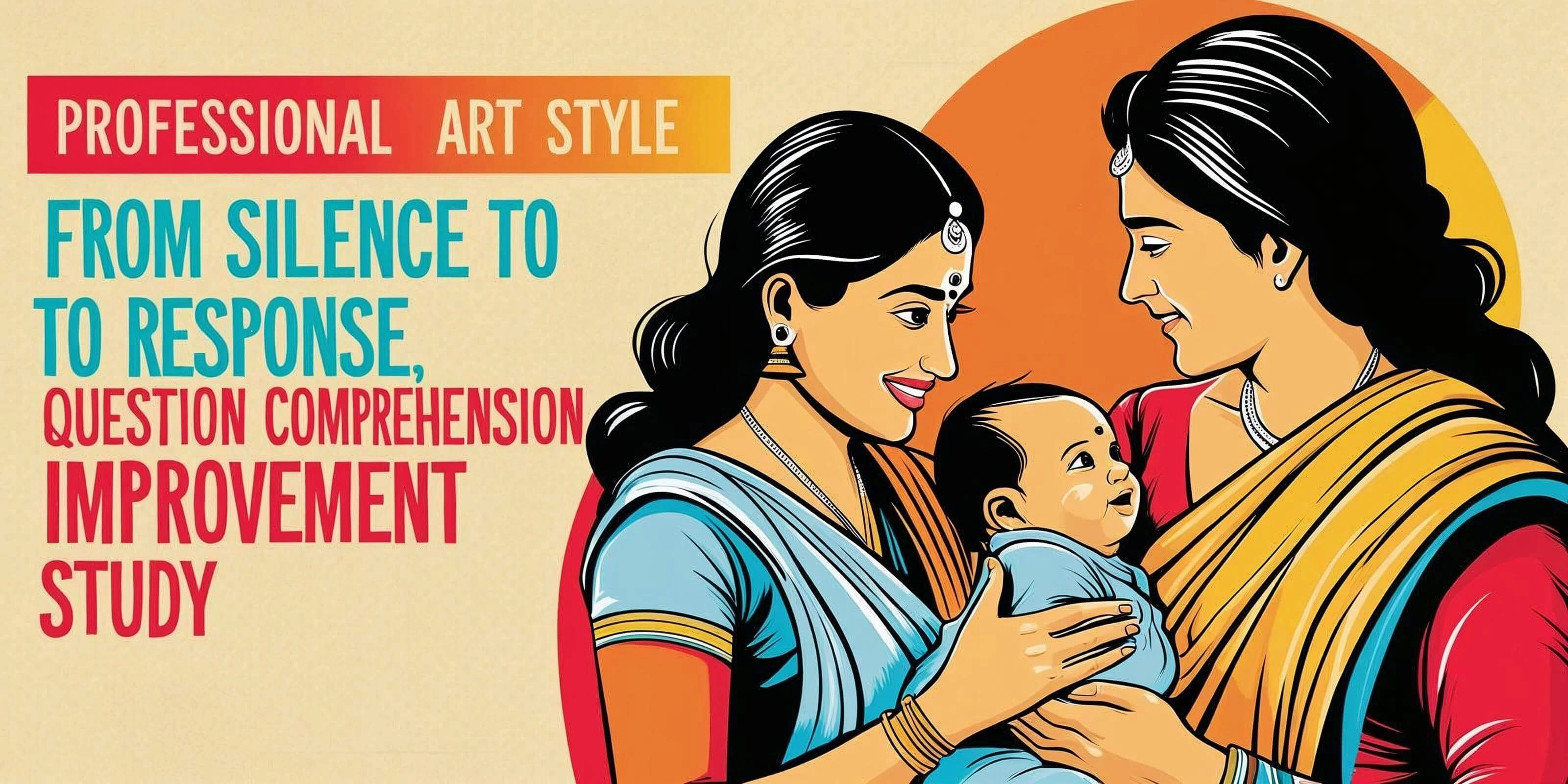
11. Question Comprehension Improvement Study
This study explores the impact of structured receptive language therapy on WH-question comprehension and processing speed among children with developmental delays, using therapist-validated latency and accuracy scores.
Improve question comprehension and verbal processing speed in children with speech delays, ASD, and mixed expressive-receptive disorders.
Accuracy (%), Response Latency (seconds)
Quantitative, 6-month cohort study (n=60)
Key Findings: Accuracy improved from 48.4% to 74.9% (+26.5 pts). Latency dropped from 9.0s to 5.6s (–3.4s). Results were consistent across ASD, speech delay, and global delay groups.
“What is your name?” used to be met with silence. Now he says, ‘Rohan’. That one word changed our home.” – Prakash, Chennai
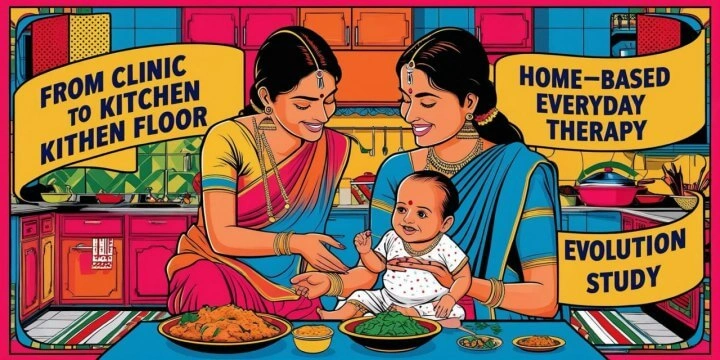
12. Parent-Led Generalization Study
This study evaluates the relationship between home-based skill generalization (guided by Pinnacle’s Everyday Therapy™) and clinical developmental progress as scored using AbilityScore®. It explores whether consistent family participation translates into measurable outcomes at Pinnacle centers.
Measure whether parent-led Everyday Therapy™ at home aligns with formal developmental gains in therapy centers.
Home Generalization %, AbilityScore® Gain (pts), Pearson correlation (r)
Mixed-method longitudinal study, 6 months (n = 60 families)
Key Findings: Average home generalization = 83.13%, AbilityScore® gain = +152.72 pts. Correlation (r = 0.136) indicates alignment between home and center progress. Study reinforces that when therapy is extended into daily routines, families drive sustainable growth.
“Our house became his second therapy room — with fridge charts and bedtime flashcards.” – Ravi, father, Pinnacle Hyderabad
While the correlation was not statistically significant (p = 0.3018), the clinical and behavioral outcomes show families that participate consistently help their children improve faster — regardless of socio-economic or geographic context.
This study is the first in India to integrate:
- Home practice logs verified by therapists
- Unified tracking across clinic + home using AbilityScore®
- Low-literacy Everyday Therapy™ kits across 16+ languages
Global models like ESDM and UCLA PEERS® support parent involvement — but Pinnacle's blended, multilingual, and metric-aligned approach remains unique and scalable.
Global Impact & Research Integrity
Across 10 pioneering studies, Pinnacle Blooms Network has established the world’s most validated, multi-dimensional autism therapy framework — scientifically grounded, ethically governed, and globally scalable.
These aren’t just therapy studies. They are **proof-of-human-progress frameworks** — designed to elevate governments, inspire global health missions, and make early intervention a birthright.
“In a world full of therapy claims, Pinnacle delivers therapy proof. Not in labs — but in lives.” – Consortium Chair, PGAF Research Division
